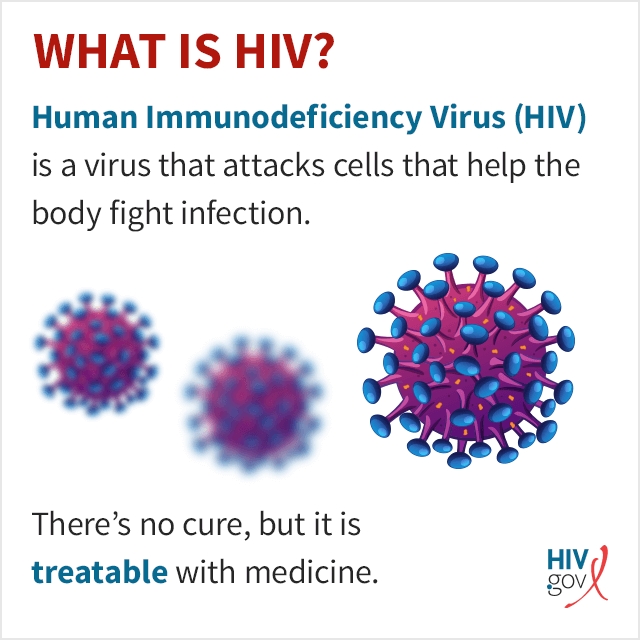HIV is a virus that attacks the immune system. While there is no cure, it is treatable with medication. Managing HIV involves physical, emotional, and practical challenges, some of which may not be fully discussed by medical professionals. Understanding these can empower individuals to better manage their health and well-being.

Emotional and Mental Health Challenges
Living with HIV can bring significant emotional challenges, including stigma, fear, and depression. These factors can greatly impact one's quality of life. Moreover, the psychological impact of an HIV diagnosis and ongoing treatment is significant, yet the importance of seeking emotional support and mental health services is not always emphasized. Patients should be encouraged to seek help to manage these emotional aspects.
Physical Health and Medication Side Effects
The side effects of HIV medications are sometimes downplayed, despite being capable of causing serious issues, such as digestive problems and long-term organ damage. Additionally, many doctors may not stress the importance of maintaining a healthy lifestyle, including a balanced diet, regular exercise, and avoiding substances like tobacco and alcohol. These are vital for managing the condition and enhancing overall well-being. Another critical aspect is the risk of drug resistance, which can occur if HIV medications are not taken correctly, potentially rendering some drugs ineffective and limiting future treatment options.
Regular Monitoring and Long-Term Health Effects
Regular monitoring and testing for other infections and conditions are crucial due to a weakened immune system's increased vulnerability to other health issues. The long-term health effects of living with HIV, such as increased risks of cardiovascular disease, bone density loss, and neurological conditions, are sometimes understated. Educating patients on these potential complications is essential for proactive health management.
Practical Considerations: Financial Concerns and Disclosure
The financial aspects of HIV treatment and care, including the costs of medications, doctor visits, and lab tests, can be significant. Patients should be made aware of financial assistance options. Additionally, the complexities of disclosing one's HIV status are often overlooked. This decision can affect relationships, legal situations, and mental health, and patients should receive guidance on navigating these conversations. Finally, the impact of HIV on fertility and pregnancy is another topic that requires proactive discussion. Patients considering starting a family should have open conversations with healthcare providers to understand the associated risks and precautions.




